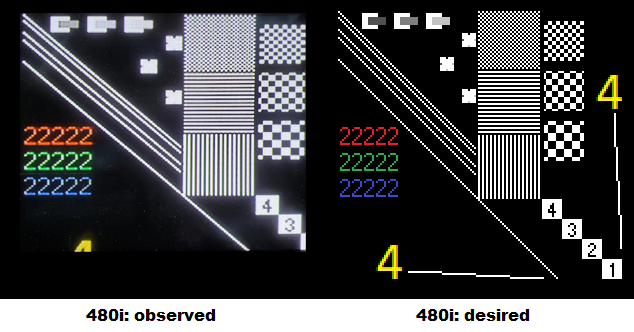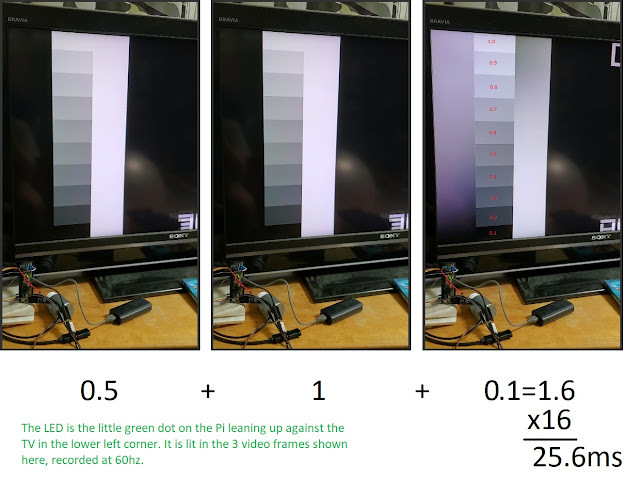Fake TI ADS1115 ADC sold as ADS1015 - BOGI vs BRPI marking
These days it's getting almost impossible to get a functioning ADS1015, a great high-speed ADC (analog to digital converter) made by TI. AdaFruit makes a very nice board featuring it that I've used in a lot of projects. Or rather, I've used their board design, but ordered it from Chinese manufactures on aliexpress and ebay, who used the open source schematics to make much cheaper boards. For the first 20-30 I purchased there was no problem, but lately all the boards that are supposed to be ADS1015s have actually had the ADS1115. This might seem like an upgrade, because the ADS 1015 only has 12 bit resolution, and the ADS1115 offers 16 bits. But higher resolution has to come at a cost, and in this case the cost is speed - the ADS1115 maxes out at 860 samples per second, whereas the 1015 can take measurements 3300 times a second - almost 4 times faster.
Since the 1015 and 1115 and electrically compatible, the same board design works with both, meaning that you can't tell at a glance which you have. The chip has microscopic markings on it that identify which version it is; reading the datasheets around page 40 you can determine that the ADS 1115 is marked BOGI, and the ADS1015 is marked BRPI.
I've seen several boards marked "12-bit ADS1015" that actually had the BOGI chip on it. Sadly, more recently, I've even seen a chip marked BRPI that turned out to be a ADS1115 - or more likely a cheap clone of the ADS1115 that is not only slow like the 1115, but doesn't really have the 16 bit resolution either. Worst of both worlds. So to conclude: check the chip, if it's marked BOGI it's definitely not a ADS1015. And if it's marked BRPI you may have a real ADS 1015, but you'll need to check that it can actually support the full 3300hz sampling rate by connecting to an i2c bus and setting it to the max sample rate.





Comments